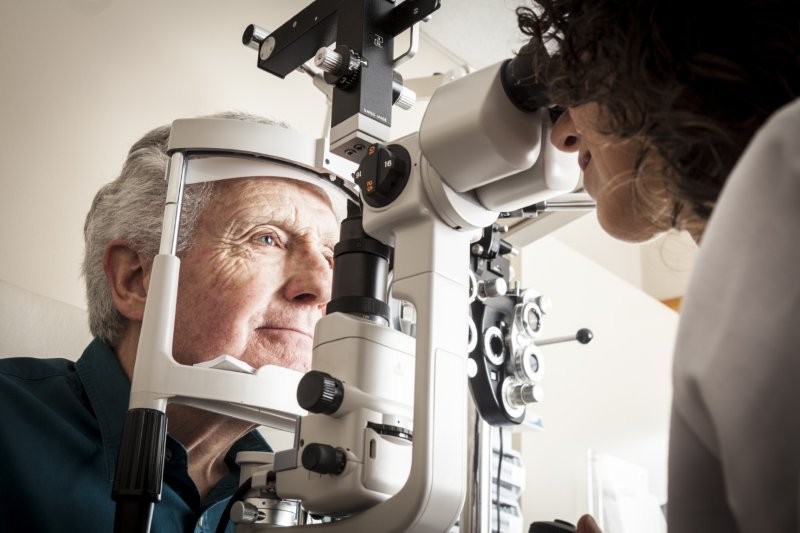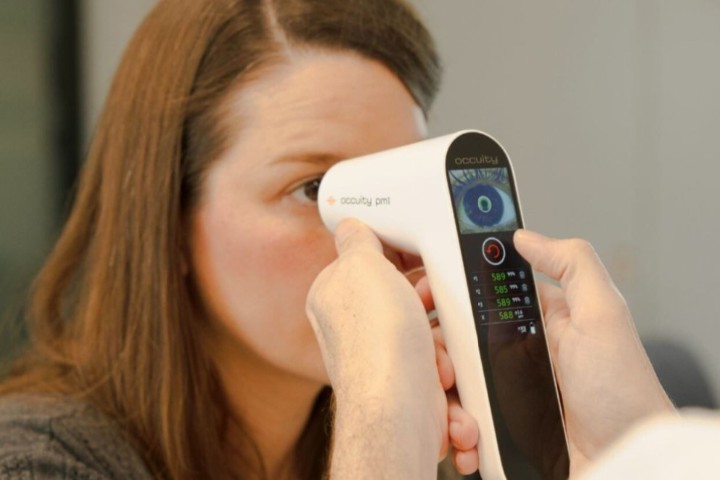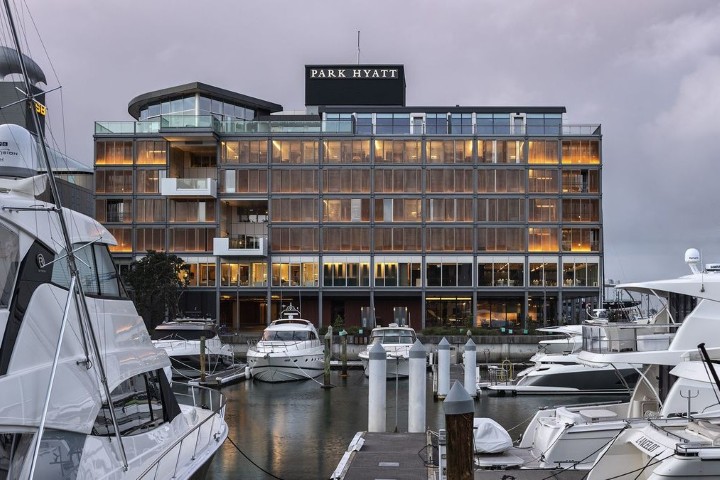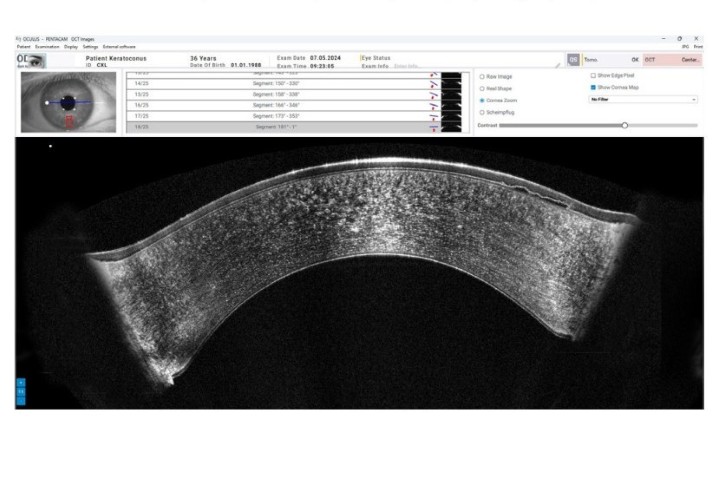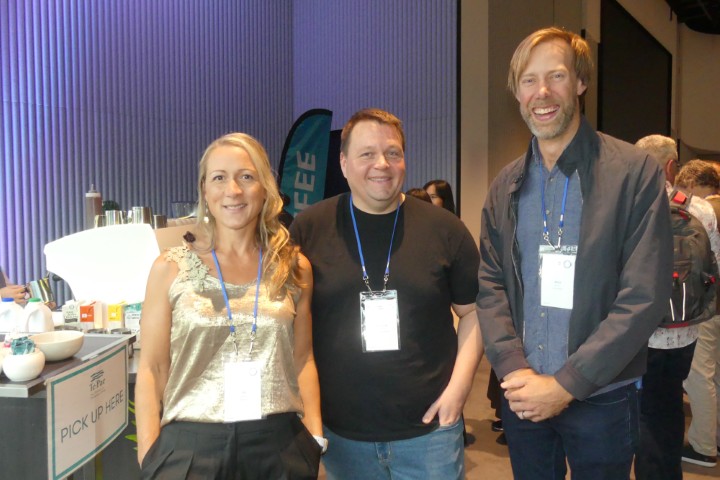Sight is New Zealand’s most valued sense
Almost nine in 10 New Zealanders (89%) value sight as their most important sense and 77% would choose a shorter life with all their senses intact over a longer life without vision, a new survey found.
Commissioned by Roche, the survey found the value placed on sight was especially strong among those aged 70–80, with more than eight out of 10 (85%) saying they’d rather live a shorter life than lose their vision.
While nine out of 10 New Zealanders recognised the importance of regular eye check-ups, only two out of five actually have them, the survey found. Age and finances play significant roles in the ability and desire to maintain eye health, according to the findings, with those receiving regular check-ups more likely to be older, financially comfortable and more concerned about vision loss.
A notable difference in the frequency of eye check-ups was also found between different regions and ethnicities, with Māori and Pasifika and those in the Auckland or lower North Island regions (excluding Wellington) being less likely to get regular check-ups. The primary barrier to regular eye check-ups, however, was identified as lack of perceived need. “This is evident as only a quarter of New Zealanders are extremely or very concerned about vision loss in the future,” the report said.
Commenting on the findings, Dr Francesc March de Ribot said regular eye examinations to detect issues are often neglected and investment in eye health services remains inadequate, all contributing to New Zealanders suffering preventable, irreversible vision loss. “Timely access to eye healthcare prevents more than 80% of permanent visual impairment and blindness, which may otherwise become irreversible,” he said.

Dr Francesc March de Ribot
Despite the high value placed on vision, access to care and treatment is increasingly challenging in New Zealand. In 2023, the average wait time for a first ophthalmology appointment reached 88 days, representing a 27% increase over five years, according to a report by Hong et al.
“Vision loss can have a profound effect on a person’s independence and quality of life – but its impact extends beyond the individual, affecting carers, family and the wider community,” Dr March de Ribot said.
Conducted by Kantar, the survey comprised 1,500 members of the public and is nationally representative by age, gender and region. It was completed using a Kantar panel between Wednesday 2 April and Monday 14 April 2025.










